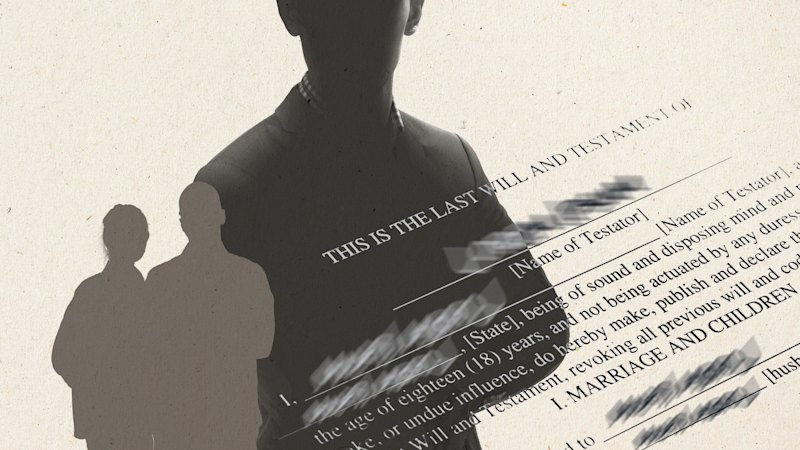The elder son and daughter were unhappy with their share of the family assets and took court action against their brother and an executor of their father’s estate.
A ‘paltry’ sum
One strand of their case was an application for family provision orders, which allows current or former dependants of a deceased, among others, to seek a larger slice of the inheritance pie if inadequate provision was made for them in a will. The court makes such orders on a needs basis.
“They submit that their legacies of $600,000 each are [comparatively] paltry,” the judge said.
Their younger brother argued they had “not made out a case for unmet financial needs”, Hmelnitsky said, and giving them more would “likely jeopardise his ability to keep the farm intact”. This was contrary to their father’s wishes.
The youngest son is required to fund his siblings’ legacies by paying into the estate the $1.2 million he agreed to pay for the land.
“The fact that [he] is struggling to make sufficient profit to fund the … legacies shows that any further provision may require the sale of land,” Hmelnitsky said.
Loading
Ultimately, the judge found that adequate provision had been made for the elder son, but not for the daughter. He considered she should receive a further $300,000, but deferred making a final order pending further submissions.
Hmelnitsky said the elder siblings had “been leading entirely separate lives” from their father for many years before his death, and neither had been financially dependent on him since they were students.
The father had a “sincere and abiding interest in ensuring that the farm was not split up”, the judge said.
What the law says
Ines Kallweit, an accredited specialist in wills and estates law and a principal at law firm KHQ Lawyers, said the decision confirmed that a will-maker is free to leave their estate to whoever they wish.
“This means that a parent does not have to treat children equally or be ‘fair’ to them, although treating children equally is the first step to avoid family disputes,” Kallweit said.
“However, [the will-maker’s] freedom is limited by their moral duty to make adequate provision for the proper maintenance and support of certain close family members. This is usually the spouse and children, but it can be other people depending on the relevant legislation in each state and territory.”
Kallweit said that “this principle goes back to the Charles Dickens days when widows and children ended up in the poorhouse because an estate was left to the oldest male relative”.
Loading
“At some point, society formed the view that if there are sufficient assets in an estate to provide for the spouse and children, then the support should first come from the estate before the family relies on the public purse.”
It was often difficult in cases involving large farms for a will-maker “to ‘be fair’ to all children without splitting up the farm and making it unviable”, she said.
A will-maker might regard a child who had “been working on the farm for years … as the natural beneficiary of the farming properties”.
“If there are insufficient assets in the estate to satisfy the other children, and the will-maker has not planned ahead, conflict is usually inevitable,” Kallweit said.
Start the day with a summary of the day’s most important and interesting stories, analysis and insights. Sign up for our Morning Edition newsletter.

